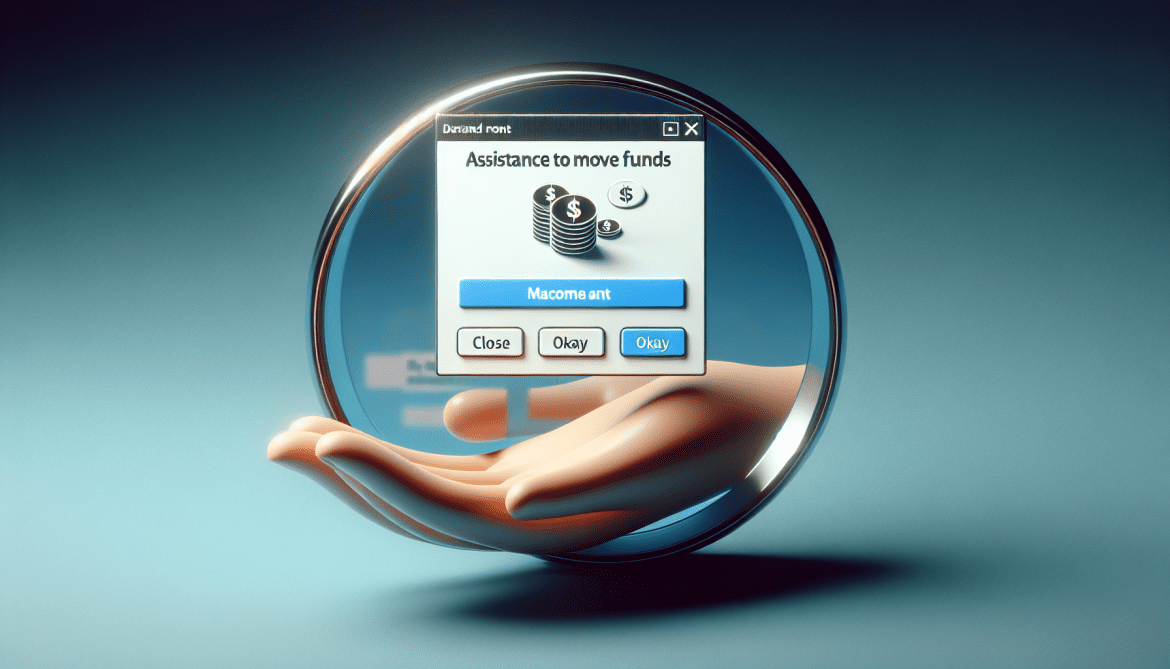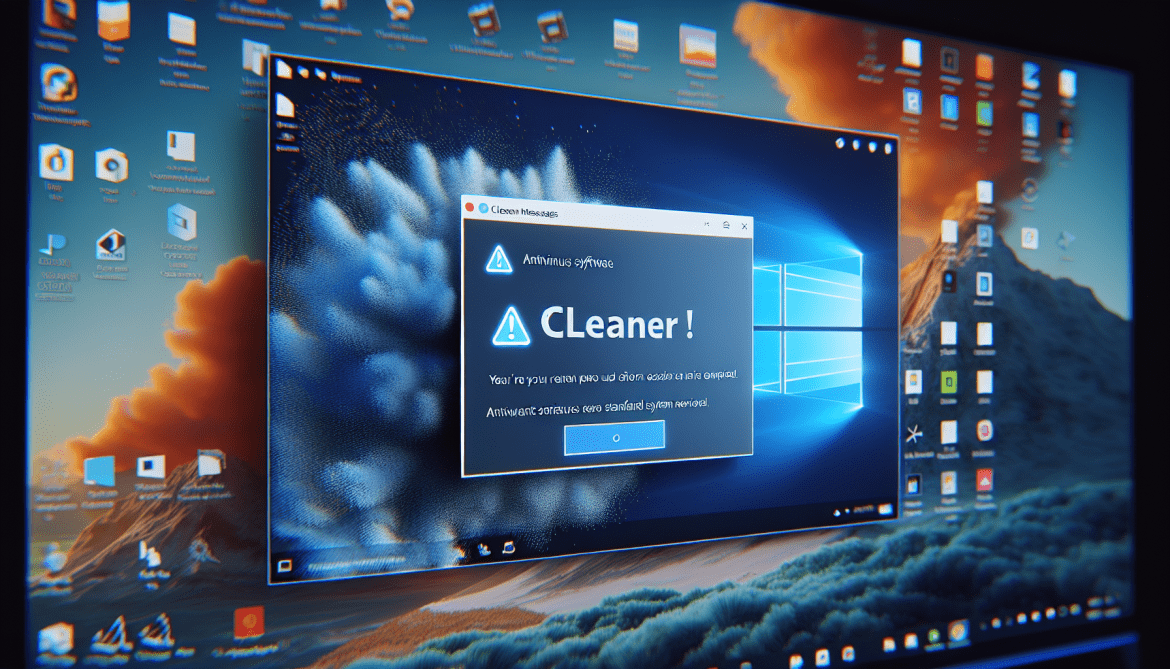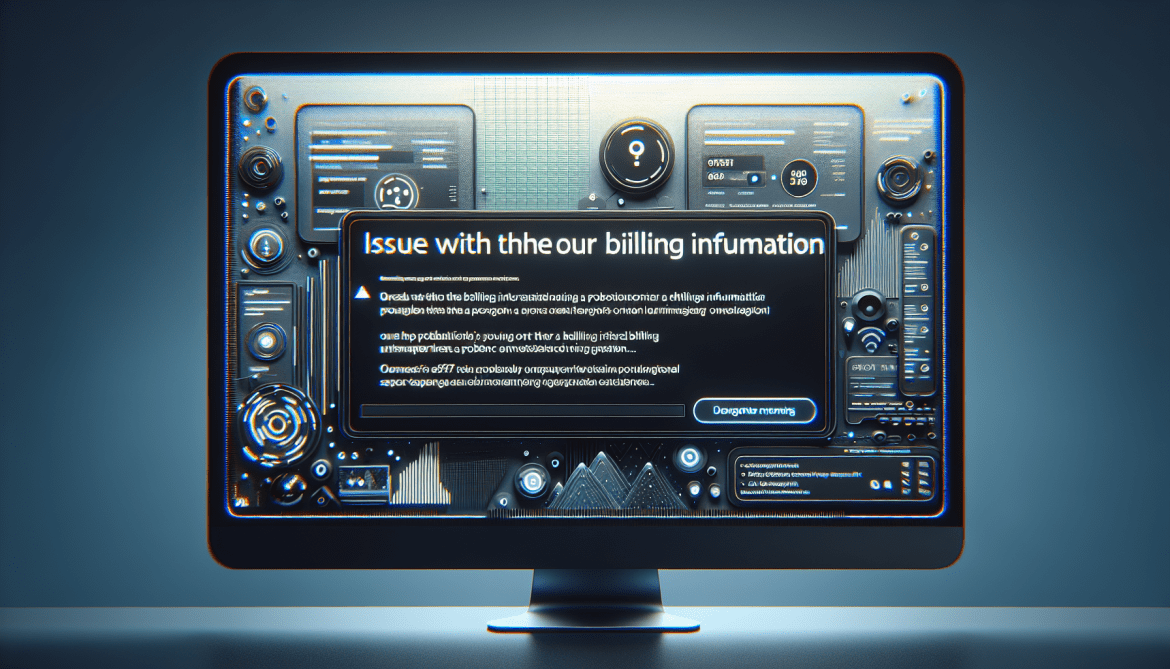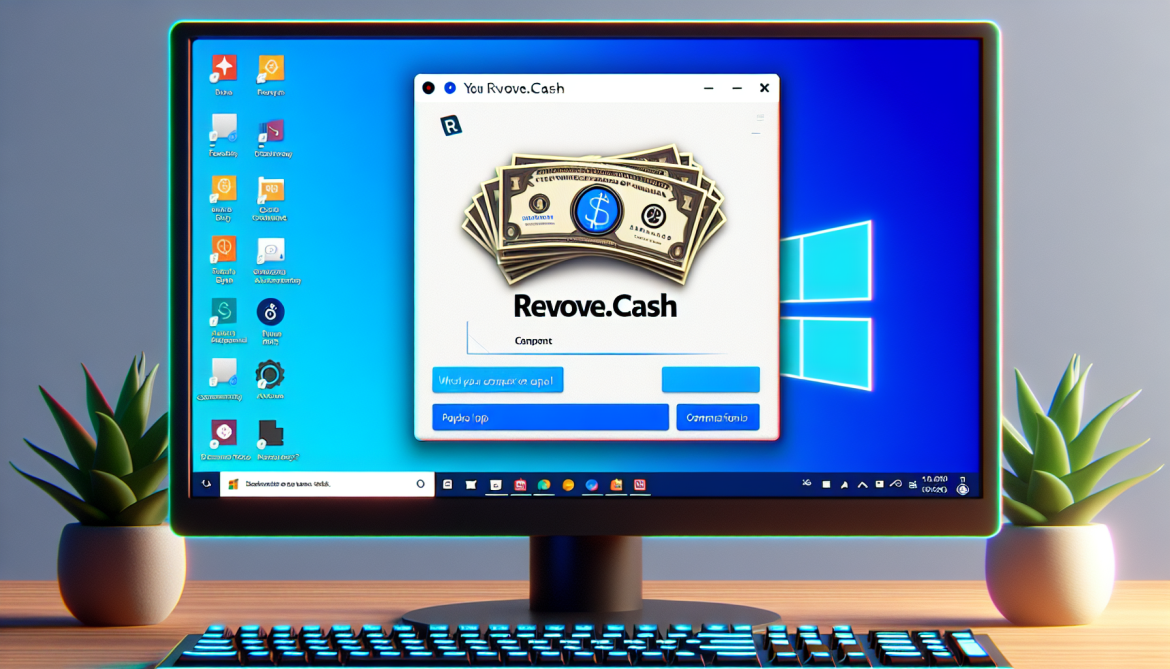Assistance to Move Funds generally refers to the service or aid provided to individuals or businesses to transfer money from one bank account to another. This could be in the form of a wire transfer, digital transaction, or other methods of money transfer. This service is often offered by banks, financial institutions, or third-party money transfer services. It is designed to facilitate easy, quick, and secure movement of funds, especially for large transactions or cross-border transfers.
Assistance to Move Funds may appear in browsers when users are searching for such services online or when they are visiting banking or financial websites. This might be in the form of advertisements, pop-ups, or direct service offerings. The appearance of such services in browsers is driven by the increasing need for secure and efficient money transfer solutions in today’s globalized world. However, internet users should be cautious as some of these could be scams or frauds aiming to exploit innocent victims.





